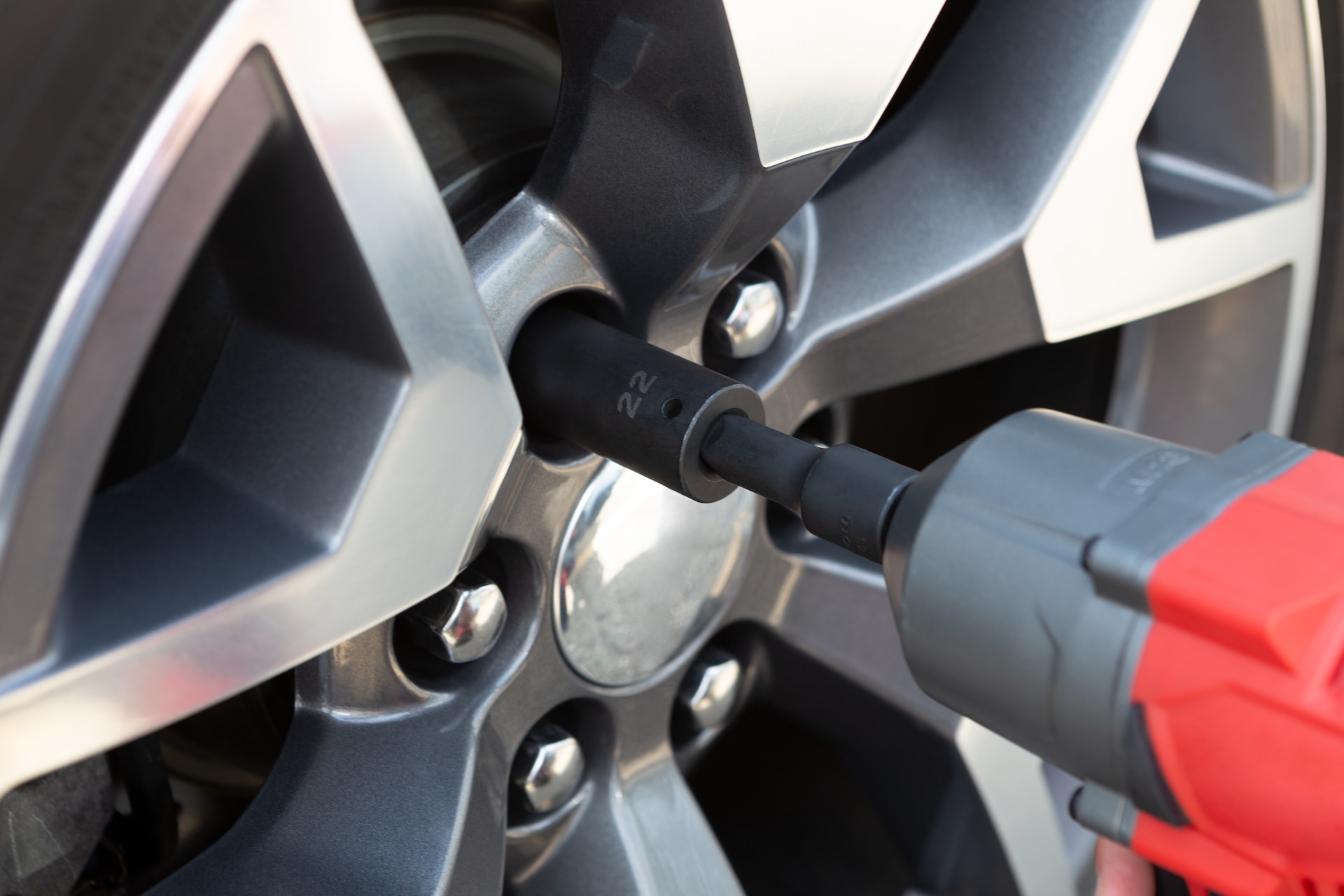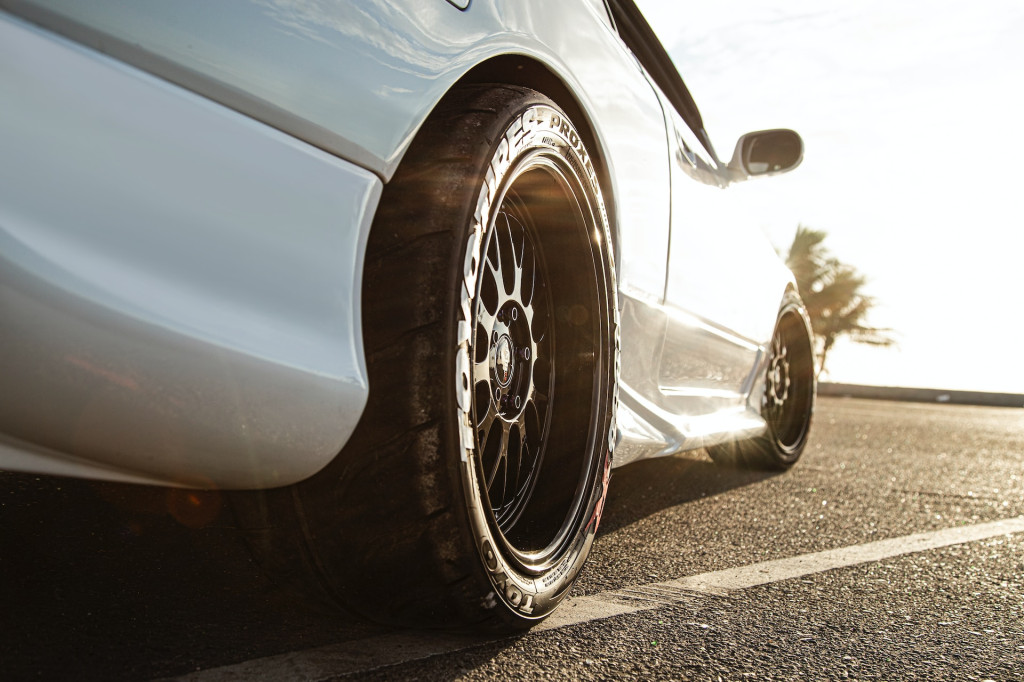For many of us, our car is an essential part of daily life; whether it’s commuting to work, running errands, or taking family trips, we rely heavily on our cars to get us from place to place. Maintaining its condition not only prolongs its lifespan but also enhances its safety and efficiency. Because we understand how important your car is to you, in this article, we’re going to explore 20 effective strategies to keep your vehicle in the best possible state. Each tip is designed to be easily incorporated into your routine, making certain that your beloved car continues to serve you reliably.
1. Regular Oil Changes
Every engine needs clean oil to operate efficiently. Regular oil changes, typically every 3000 to 5000 miles, are crucial in preventing engine wear and maintaining optimal performance. Fresh oil reduces friction, dissipates heat, and carries away any debris from the engine.
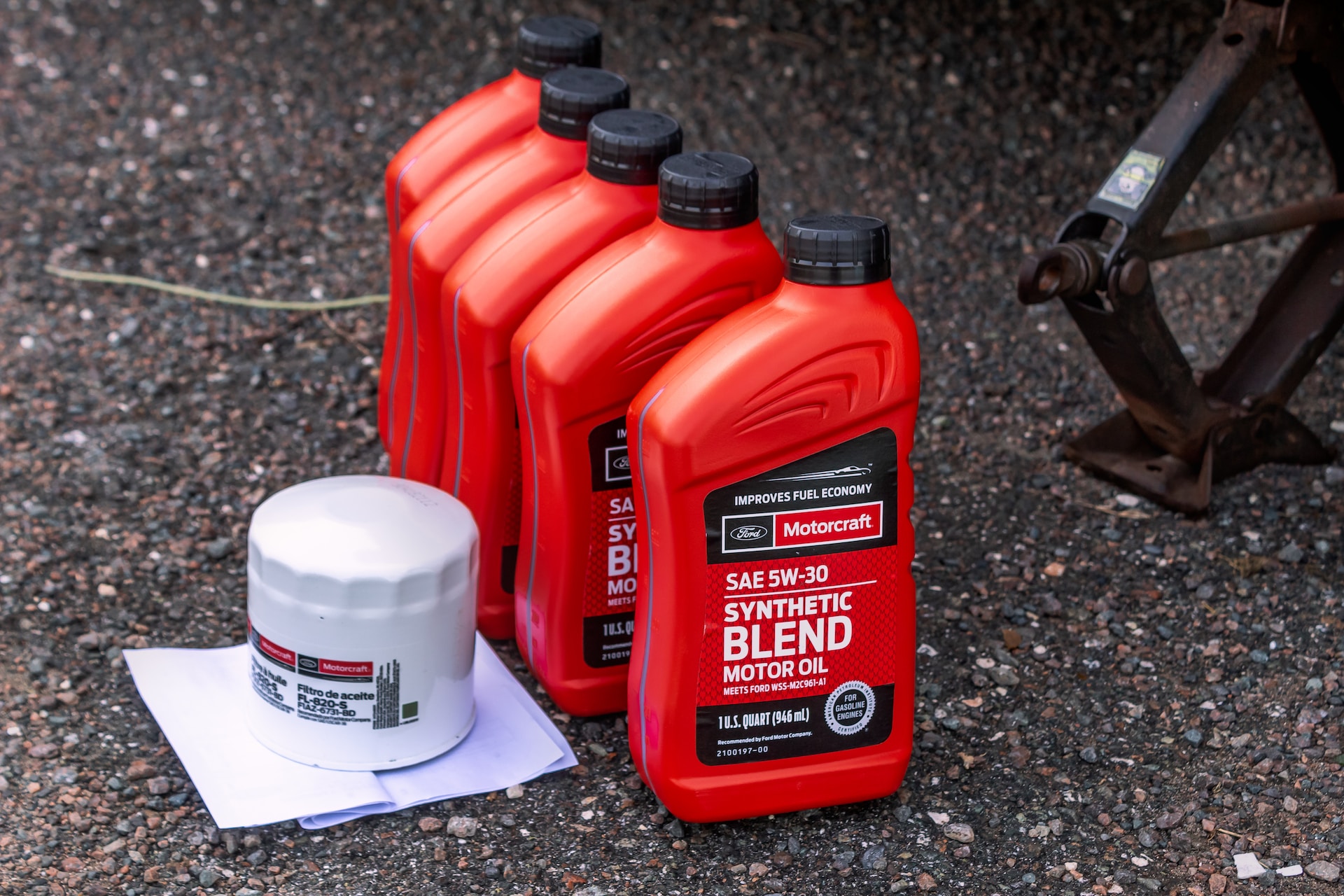 Photo by Rinald Rolle on Unsplash
Photo by Rinald Rolle on Unsplash
2. Tire Maintenance Check
Make sure you check your tire pressure monthly and rotate your tires every 6000 to 8000 miles. Properly inflated and balanced tires ensure better fuel efficiency, handling, and reduce tire wear. Also, remember to have your tires aligned if the vehicle starts to pull to one side.
3. Clean the Interior Regularly
Yes, while cleaning your car may seem like such a hassle, regularly cleaning the interior is done to prevent dirt and grime from accumulating, which can cause premature wear and tear. Use a microfiber cloth and vacuum to clean the upholstery, mats, and surfaces, and consider a professional detail annually.
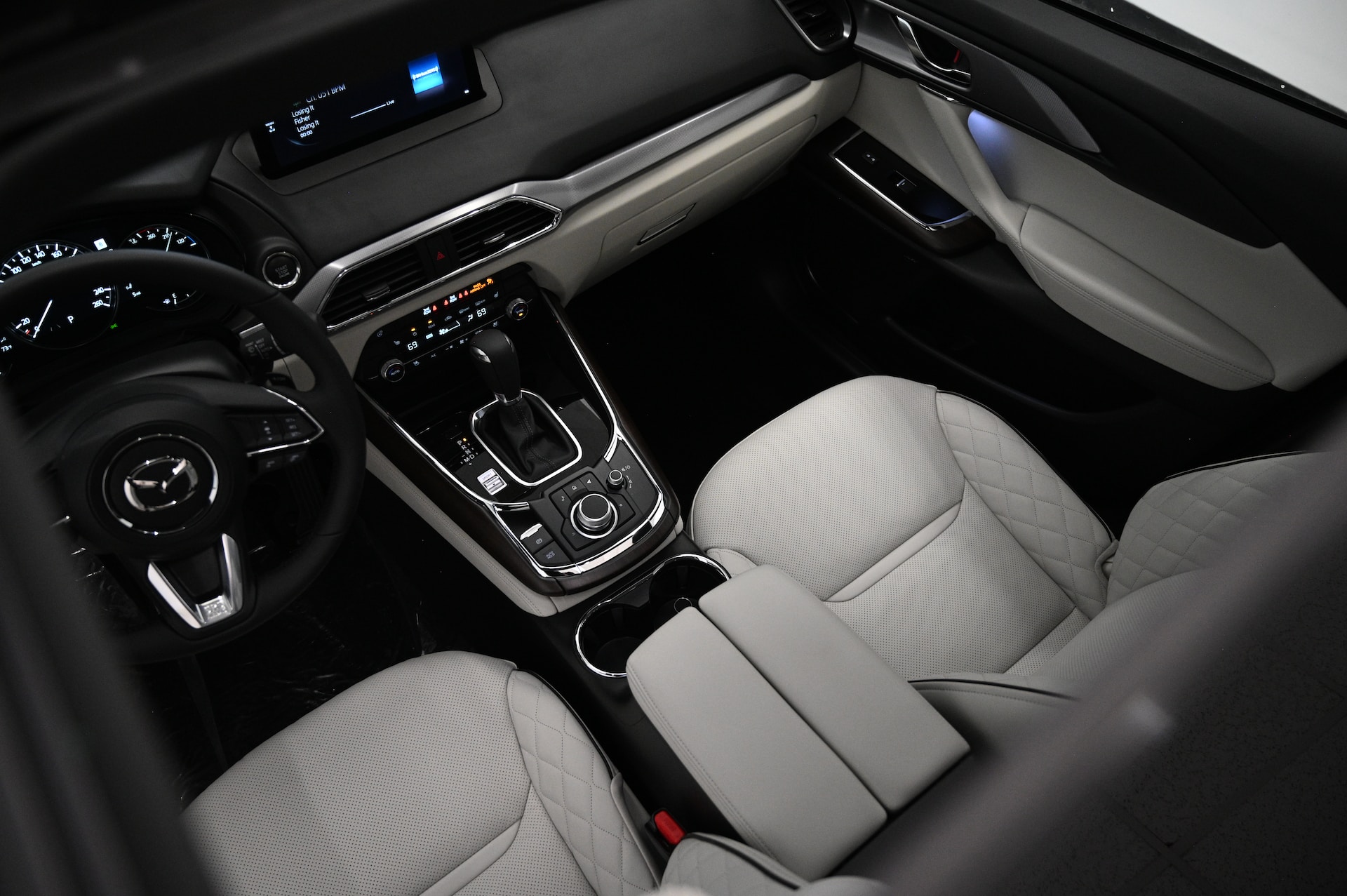 https://unsplash.com/photos/O_ufcLVTAYw
https://unsplash.com/photos/O_ufcLVTAYw
4. Wash and Wax
Regular washing and waxing should be performed to preserve the car’s exterior. While it can be a taxing job, it helps to remove dirt, dust, and other debris that may cause scratches and rust. Waxing provides an additional layer or protection against UV rays and maintains the vehicle’s aesthetic appeal.
 Photo by Brad Starkey on Unsplash
Photo by Brad Starkey on Unsplash
5. Brake Check
Brake maintenance is vital for your safety. Listen for any unusual noises when applying brakes and seek professional help if you start noticing a decrease in braking performance. Regular brake checks can prevent costly damage and enhance road safety.
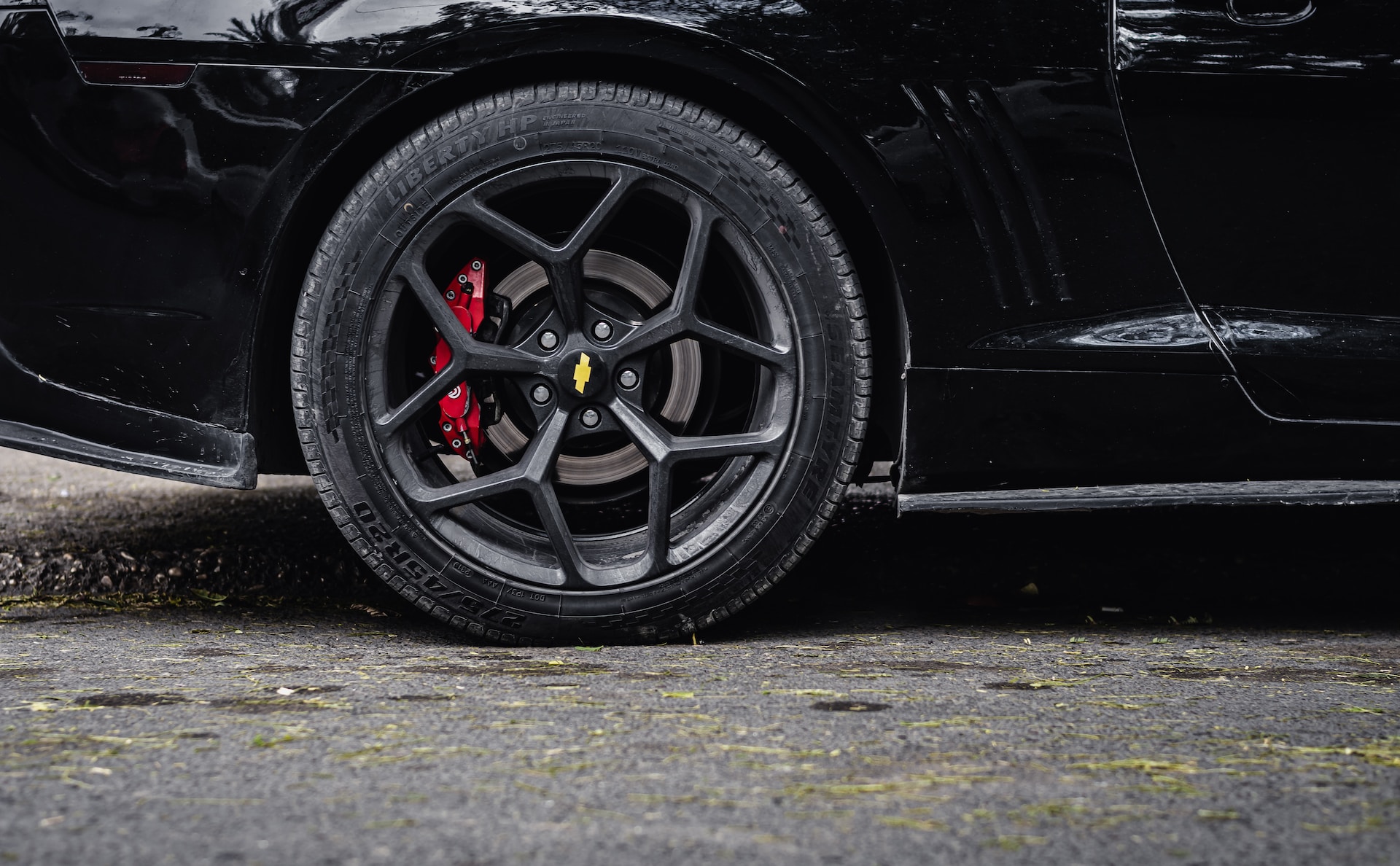 Photo by Ashkan Forouzani on Unsplash
Photo by Ashkan Forouzani on Unsplash
6. Check Fluid Levels
Apart from oil, your car relies on several other fluids, such as brake fluid, power steering fluid, and coolant. Regularly checking and topping off these fluids ensures the smooth operation of various vehicle systems.
 Photo by Jon Flobrant on Unsplash
Photo by Jon Flobrant on Unsplash
7. Battery Maintenance
Regularly inspect your car’s battery for signs of corrosion and ensure the connections are all secure. Most batteries last 3-5 years, but a poorly maintained one might fail sooner. Consider a professional battery test annually, especially if the battery is older.
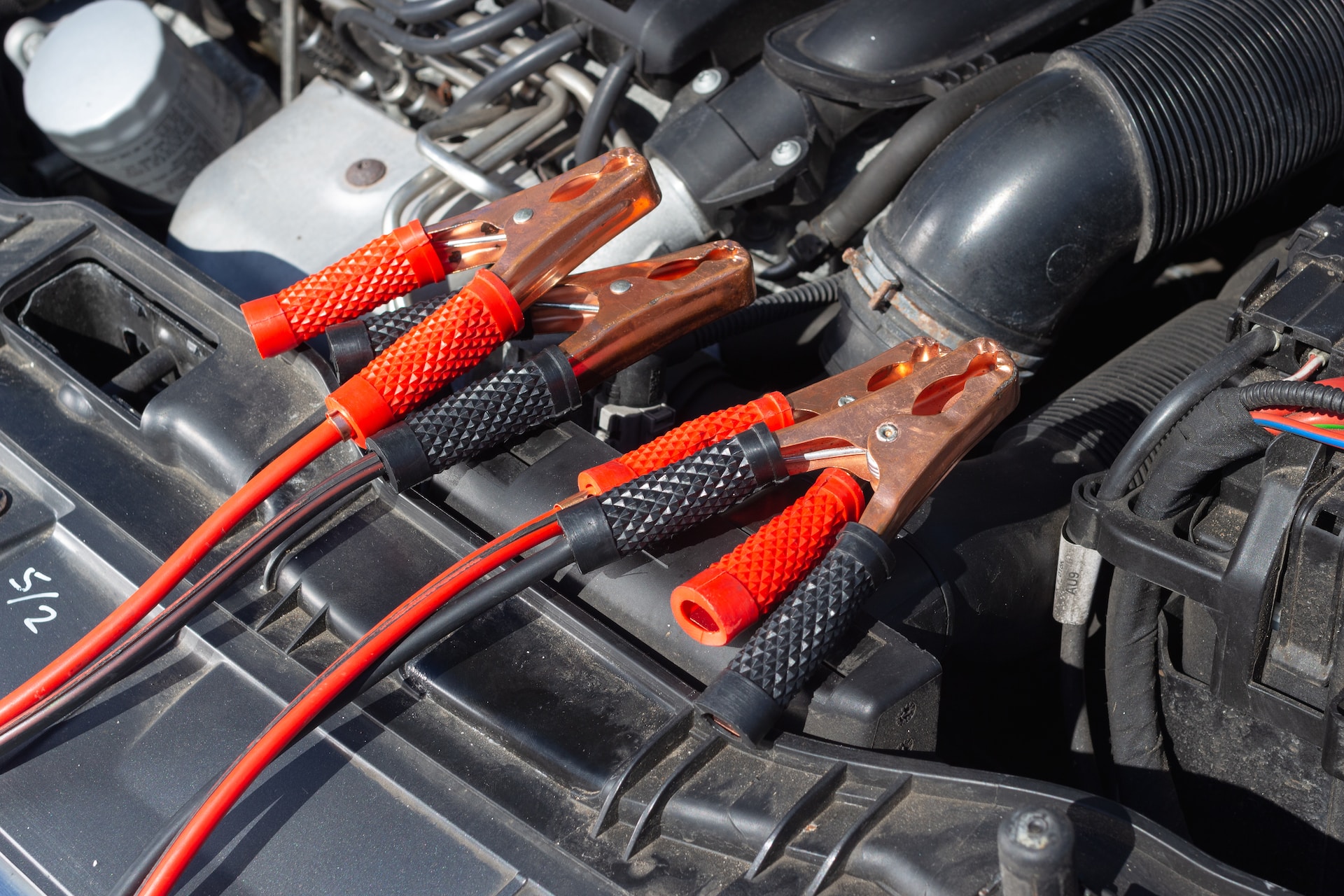 Photo by Daniel @ bestjumpstarterreview.com on Unsplash
Photo by Daniel @ bestjumpstarterreview.com on Unsplash
8. Regular Filter Changes
Filters, including air, oil, and fuel filters, play an incredibly crucial role in your car’s performance. Changing these at recommended intervals can help improve fuel efficiency, reduce emissions, and prolong engine life.
 Photo by Evgeny Tchebotarev on Unsplash
Photo by Evgeny Tchebotarev on Unsplash
9. Inspect Belts and Hoses
Regularly inspect all your belts and hoses for signs of wear and tear like cracking, glazing, or bulging. Replace them as needed to prevent unexpected breakdowns, overheating, and damage to the engine.
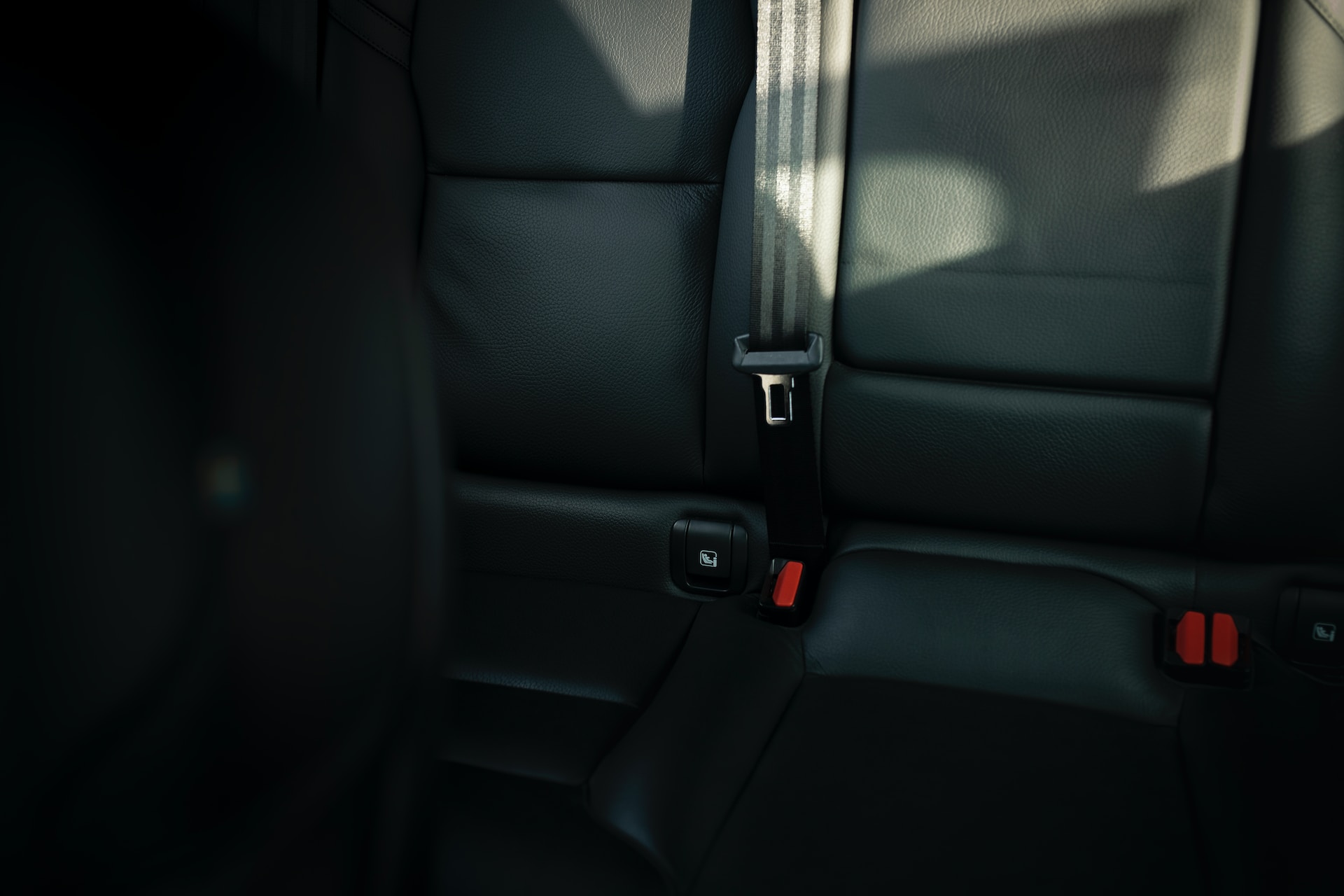 Photo by Maxim Hopman on Unsplash
Photo by Maxim Hopman on Unsplash
10. Keep It Covered
If possible, try to keep your car parked in a garage or under a carport. This protects it from the elements and can help to prevent damage to the exterior and interior from sun, rain, and temperature fluctuations. The weather is always very unpredictable after all!
 Photo by Alex Suprun on Unsplash
Photo by Alex Suprun on Unsplash
11. Engine Tune-Up
Don’t leave this one to the last minute. Regular engine tune-ups optimize your car’s performance and efficiency. This involves replacing the spark plugs, cleaning the fuel injectors, and adjusting the clutch on manual cars. As a crucial component to any car, you definitely want to make sure everything is in order with the engine.
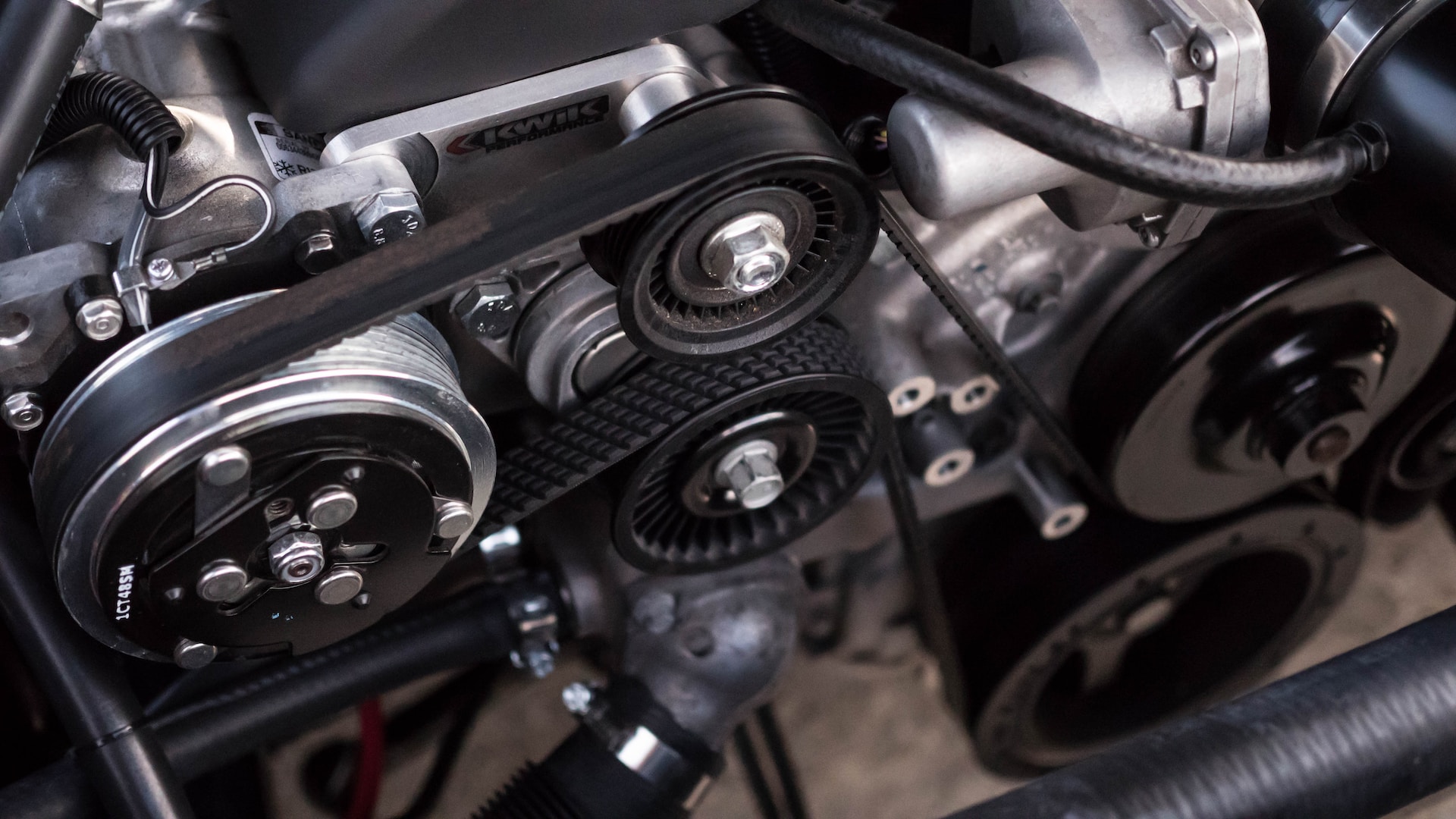 Photo by Chad Kirchoff on Unsplash
Photo by Chad Kirchoff on Unsplash
12. Maintain Proper Alignment
Regular wheel alignments ensure optimal tire wear and can improve fuel efficiency. If your car pulls to one side, it’s an easy way to see that it’s probably time for an alignment. It's also a matter of your own safety so don't procrastinate!
13. Use Quality Fuel
Did you know that not all fuels are created equal? High-quality fuels can clean your engine, reduce emissions, and improve overall performance. Some cars require premium fuel, so always refer to your owner’s manual for the best choice.
 Photo by Juan Fernandez on Unsplash
Photo by Juan Fernandez on Unsplash
14. Inspect Lights
Regularly check all vehicle lights, including headlights, brake lights, turn signals, and hazard lights. You want to make sure they’re all working correctly for your own safety - this simple check can prevent accidents and potential traffic violations.
 Photo by Marcus Bellamy on Unsplash
Photo by Marcus Bellamy on Unsplash
15. Replace Wiper Blades
Did you know that wiper blades typically need replacement every six months to a year? You've likely never thought about it before! If you notice any streaking or a decrease in visibility on your windshield while using your wipers, it’s probably time for a new set.
 Photo by Kevin Mueller on Unsplash
Photo by Kevin Mueller on Unsplash
16. Drive Smoothly
This one’s on you! When driving, try to avoid sudden acceleration and braking; smooth driving reduces wear and tear on your car’s components and can also improve your fuel efficiency. Not to mention it helps with safety on the road!
 Photo by Jaromír Kavan on Unsplash
Photo by Jaromír Kavan on Unsplash
17. Check Exhaust System
A functioning exhaust system is crucial for safety and efficiency - regular checks should be done to detect any potential issues such as leaks or rust. Doing so will help prevent more costly repairs down the line should you leave it unchecked.
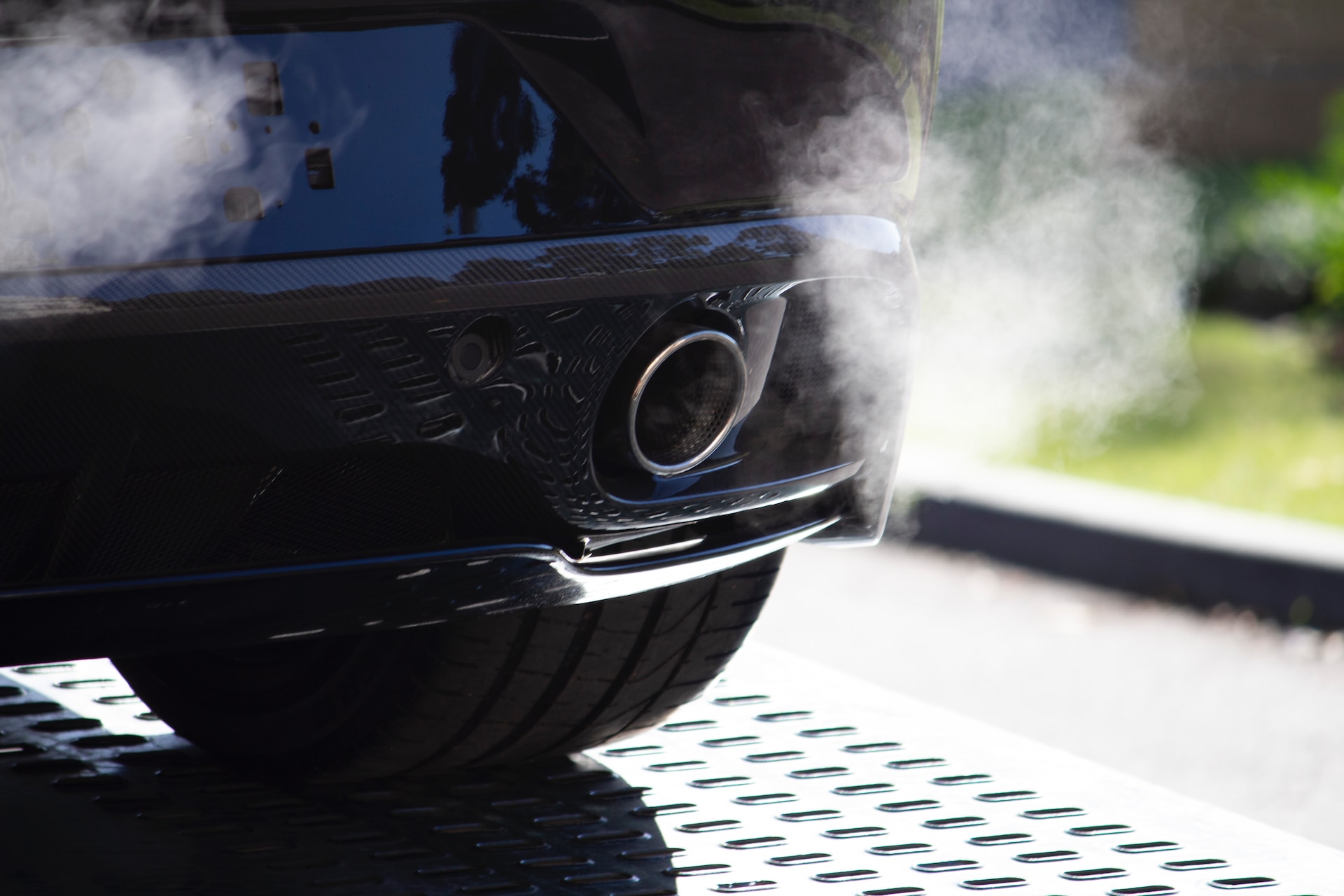 Photo by Matt Boitor on Unsplash
Photo by Matt Boitor on Unsplash
18. Regular Professional Check-Ups
We know that finding a good mechanic can be a struggle, but you should never delay or get behind on your regular check-ups. Regularly schedule professional maintenance so you can keep tabs on your car. Mechanics can identify problems you might miss and ensure that your car is in the best condition.
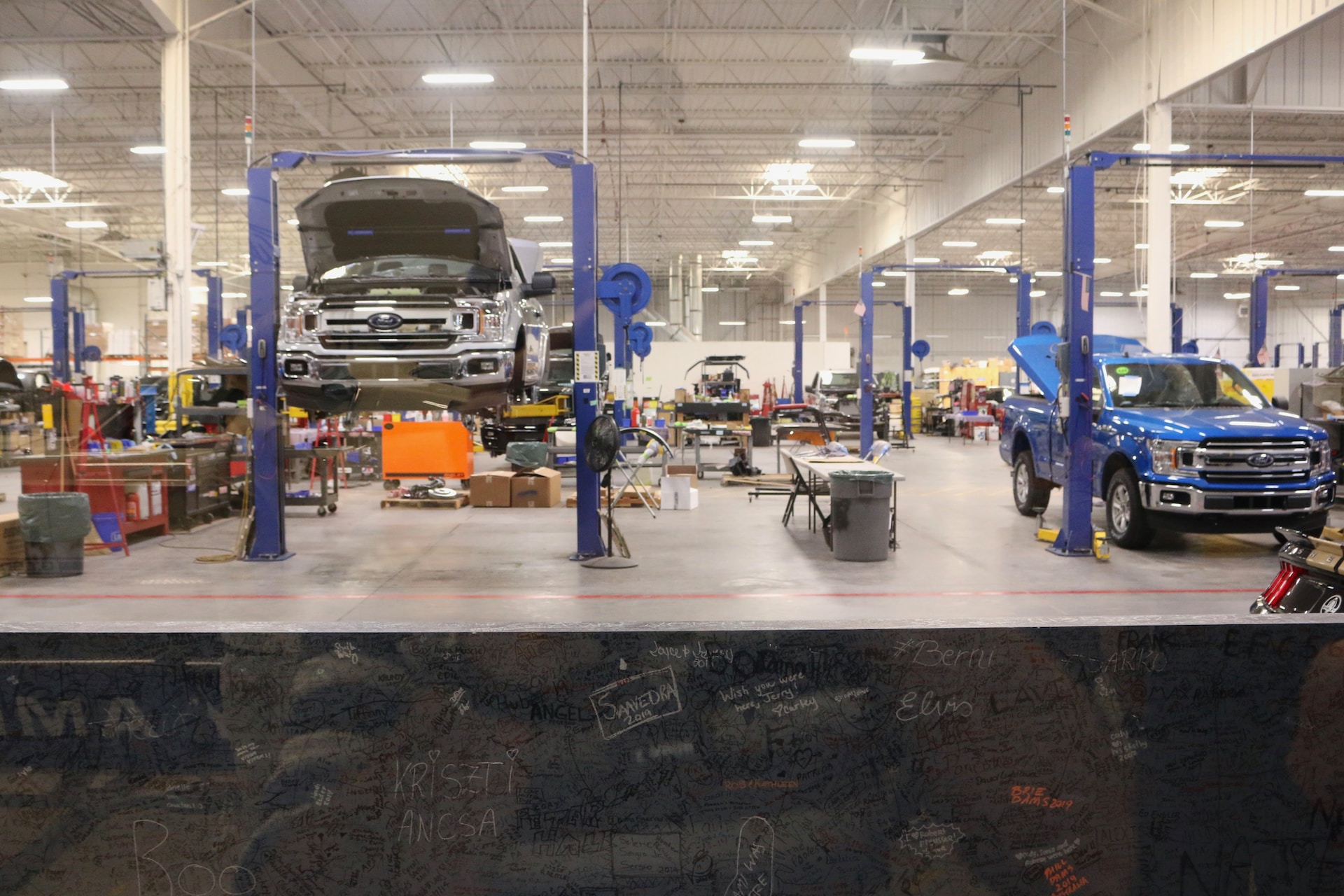 Photo by Laurel and Michael Evans on Unsplash
Photo by Laurel and Michael Evans on Unsplash
19. Use Original Parts
If repairs are needed, try to use original parts whenever possible. They tend to be higher quality and better fit your vehicle, ensuring optimal performance at all times.
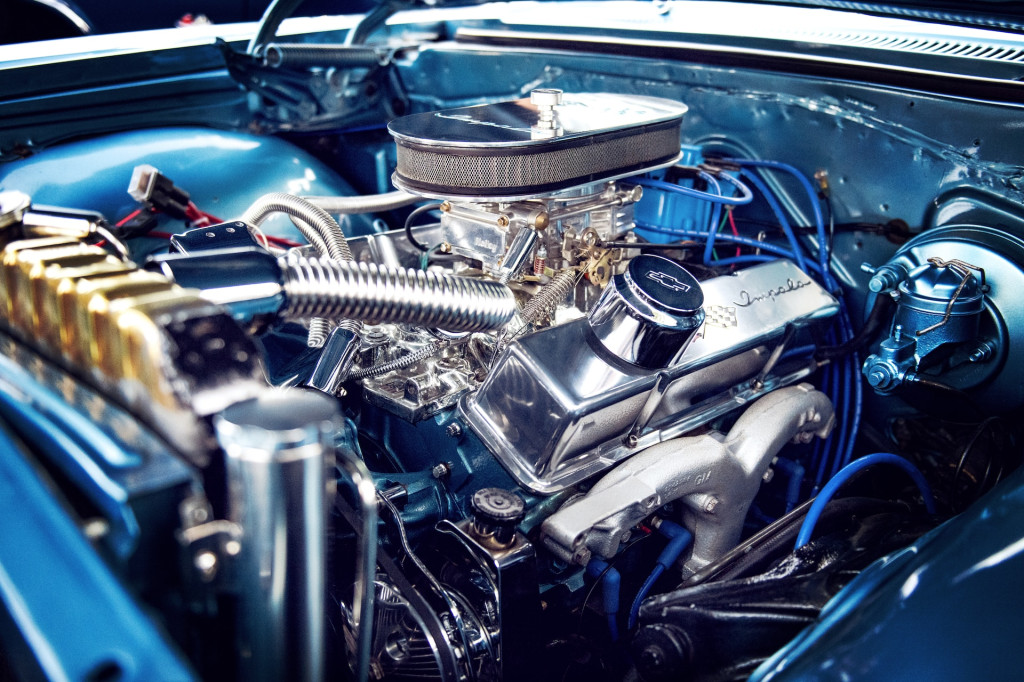 Photo by Tim Mossholder on Unsplash
Photo by Tim Mossholder on Unsplash
20. Check Your Car’s Manual
Your car’s manual is the ultimate guide to maintaining your car. It provides the specific maintenance schedule for your model and provides solutions for common problems. Always refer back to it for any questions you have about your vehicle. The answer is probably in there somewhere!
 Photo by Lloyd Dirks on Unsplash
Photo by Lloyd Dirks on Unsplash
Maintaining your car so that it’s always in its best condition is a rewarding endeavor that promises safety, enhances performance, and preserves your expensive investment. By incorporating these 20 tips into your car care routine, you can definitely extend the lifespan of your vehicle and enjoy a more pleasant driving experience.


